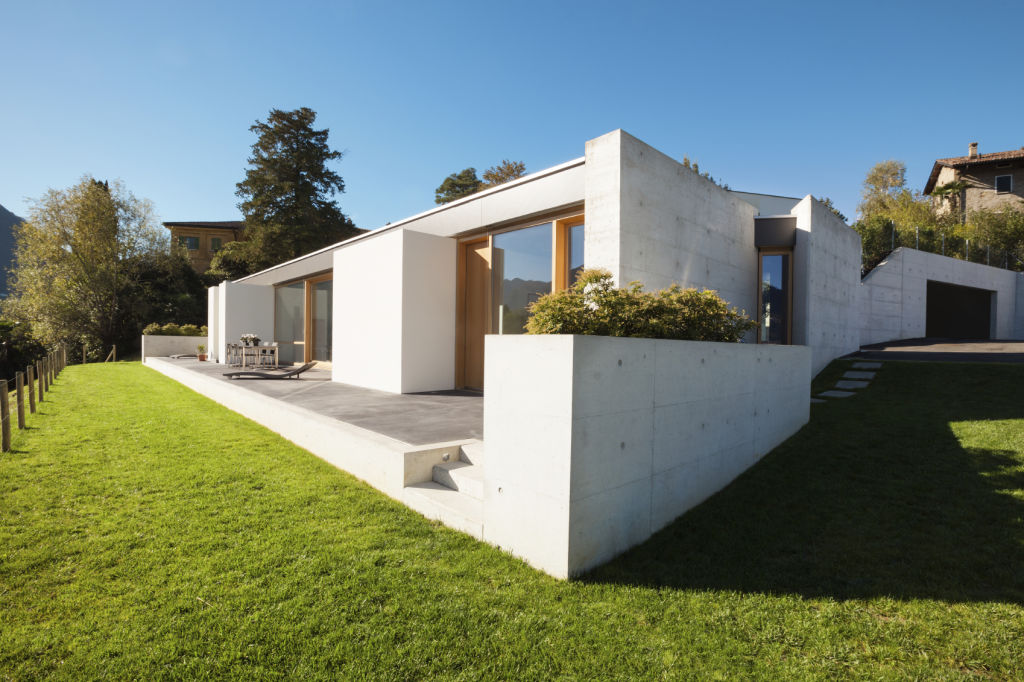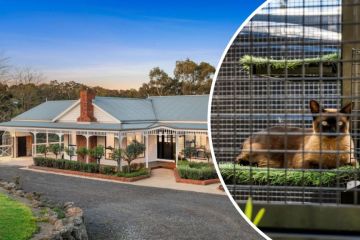The benefits of buying property with garden space

A garden is great for kids
Not only is a garden space fun for children, it’s also a wonderful sensory-development experience.
Parenting author and educator Maggie Dent says the massive sensory exposure that children experience outside in the natural world is one of the reasons they become stronger, smarter and healthier.
“Sun, rain, cold, ant bites, prickles… it all helps build resilience and confidence,” Dent says.
“Research has also found nature play helps children to fully engage their senses, focus their attention, build their immune systems, be less stressed and anxious, learn to take risks and experience a heightened sense of wonder and awe.”
Even if you don’t have kids, consider the benefits should you choose to lease, sell or share the property.
A garden area creates extra living space
Outdoor entertaining isn’t just an important factor in people’s lifestyles – it’s almost essential.
In inner-city suburbs, the necessity of that extra space away from the concrete jungle of urban living is even more evident, mostly due to smaller block sizes and apartment living.
In fact, inner-city communities have recognised the necessity of garden space to the point of investing in communal gardens, maintained and used exclusively by residents.
St Helen’s Community Garden in Glebe, Sydney, for example, offers 620 square metres of fresh produce, together with rainwater tanks, a worm farm and a number of compost bins.
Meanwhile, Veg Out in St Kilda, Melbourne is administered by the local council for the State of Victoria. It offers over 140 garden plots, making it an oasis of calmness and creativity.
A garden has good resale
Apartment properties with communal gardens also make wonderful investments, with apartments being snapped up upon release and rents from $200 per week.
In fact, communal designs are tipped to be the next biggest trend in 2015, according to developers.
A garden offers sustainable living
Australia’s Consumer Price Index rose by 1.3 per cent through the year to the March quarter 2015, thanks to a 1.7 per cent rise through the year to the December quarter 2014, according to the latest ABS figures.
With essential household goods and services on a constant rise, it makes financial sense to grow your own harvest – while helping the environment too.
Initiatives like Permablitz in Melbourne are helping to spread the word about the benefits of a sustainable garden by offering a free community labour service to program participants on a ‘pay it forward’ business approach.
Basically, it’s an informal gathering involving a day on which a group of at least two people come together to create or add to edible gardens, share their skills and have fun. In order to qualify for Permablitz, you first need to attend some gatherings and have your garden design approved by the organisation as a sustainable garden.
Whatever your reason, you can’t deny the benefits of sitting in a green oasis after a hard day’s work and relaxing the afternoon away.
We recommend
States
Capital Cities
Capital Cities - Rentals
Popular Areas
Allhomes
More







